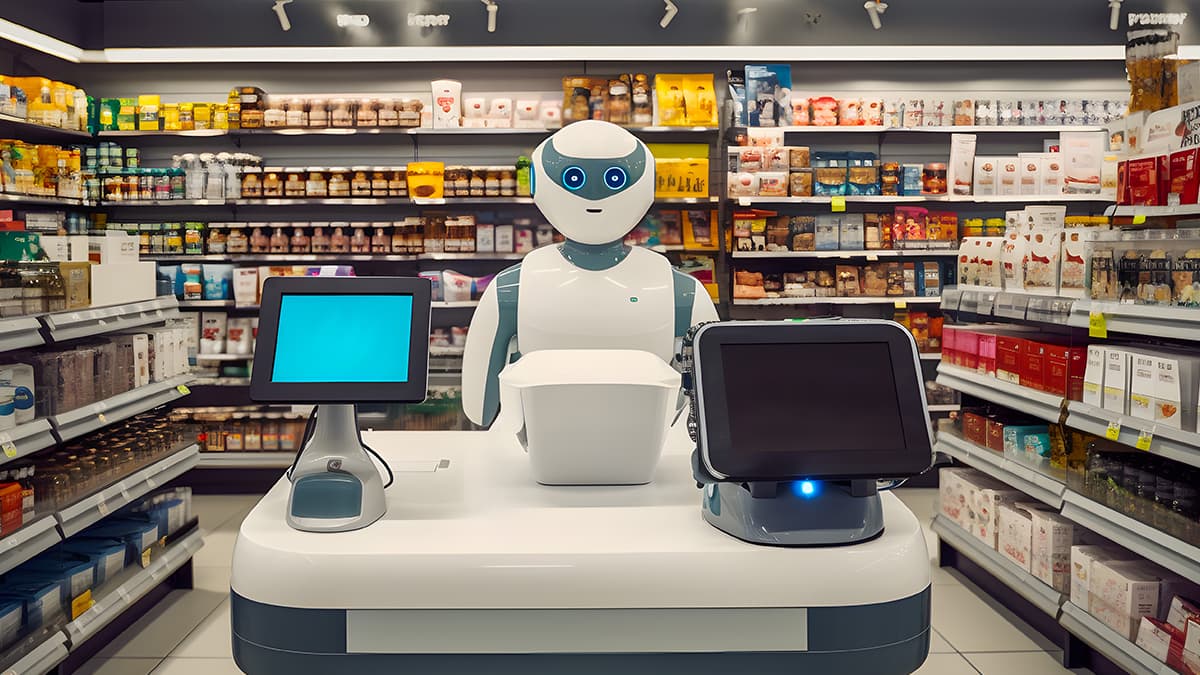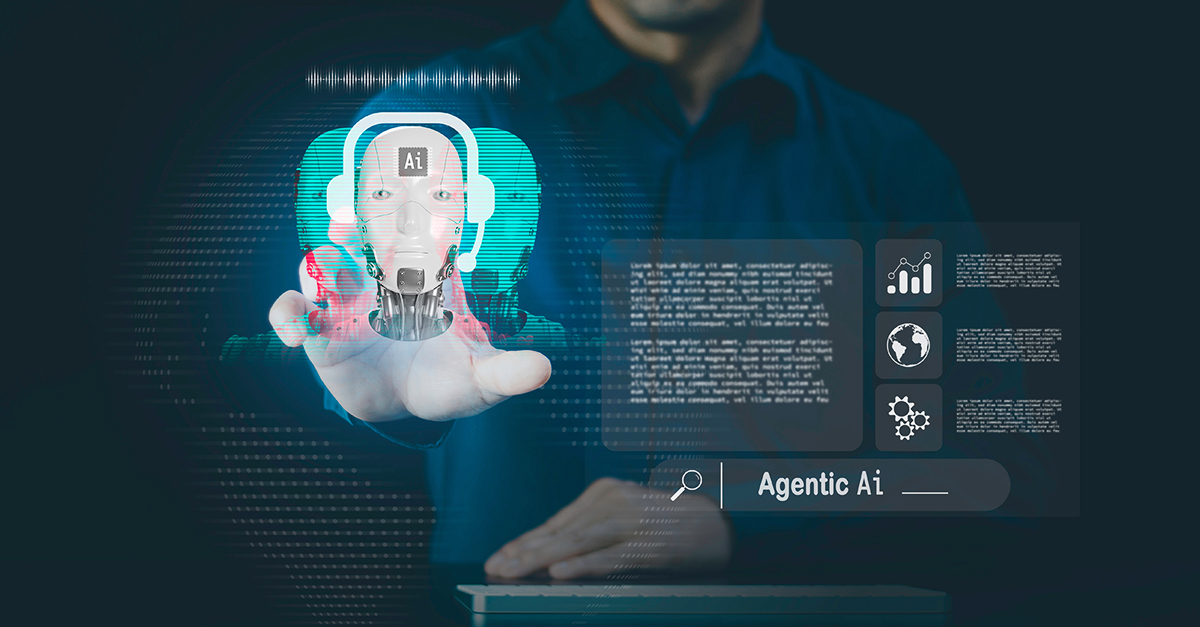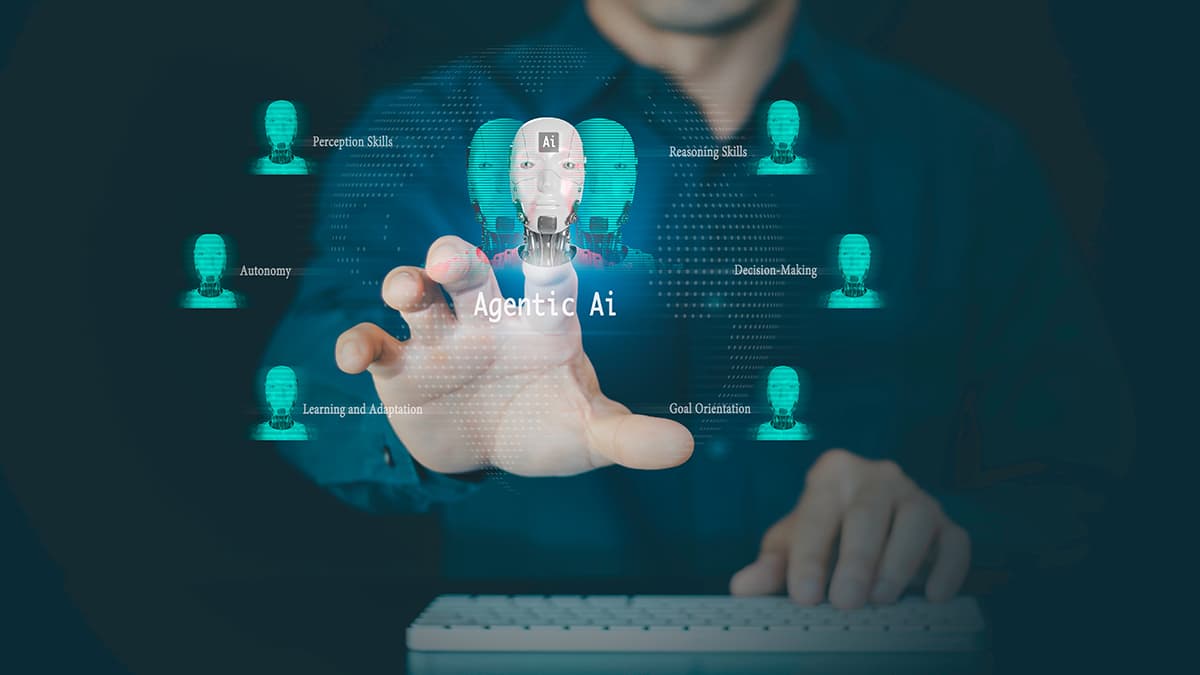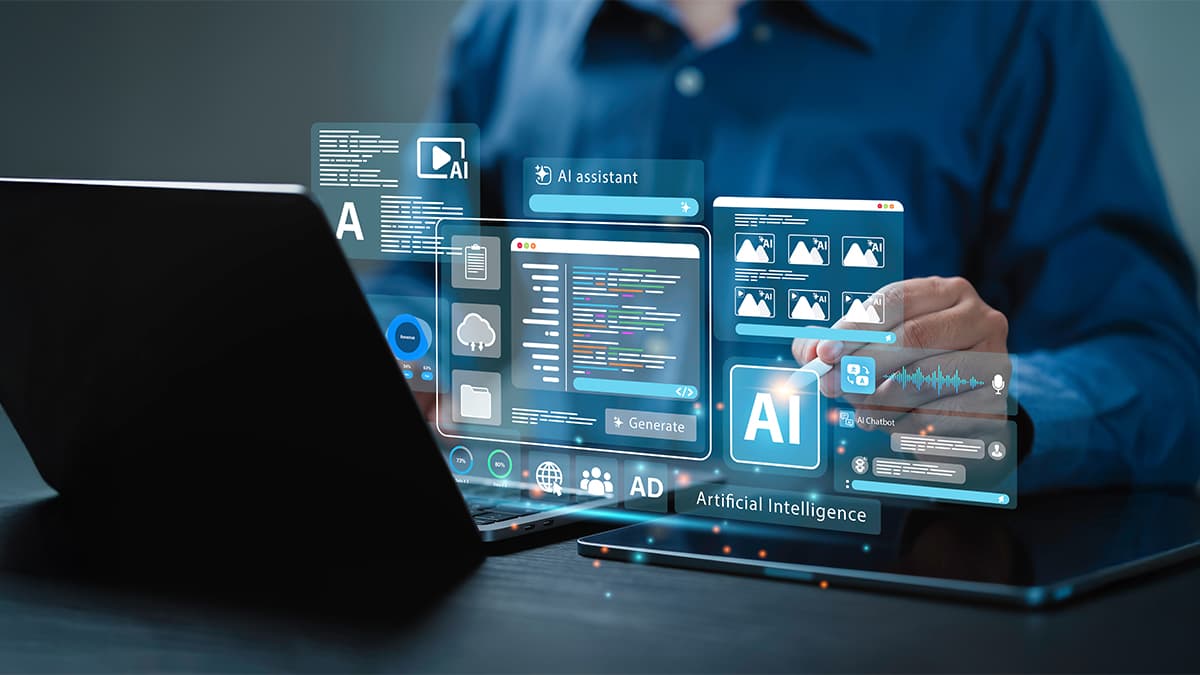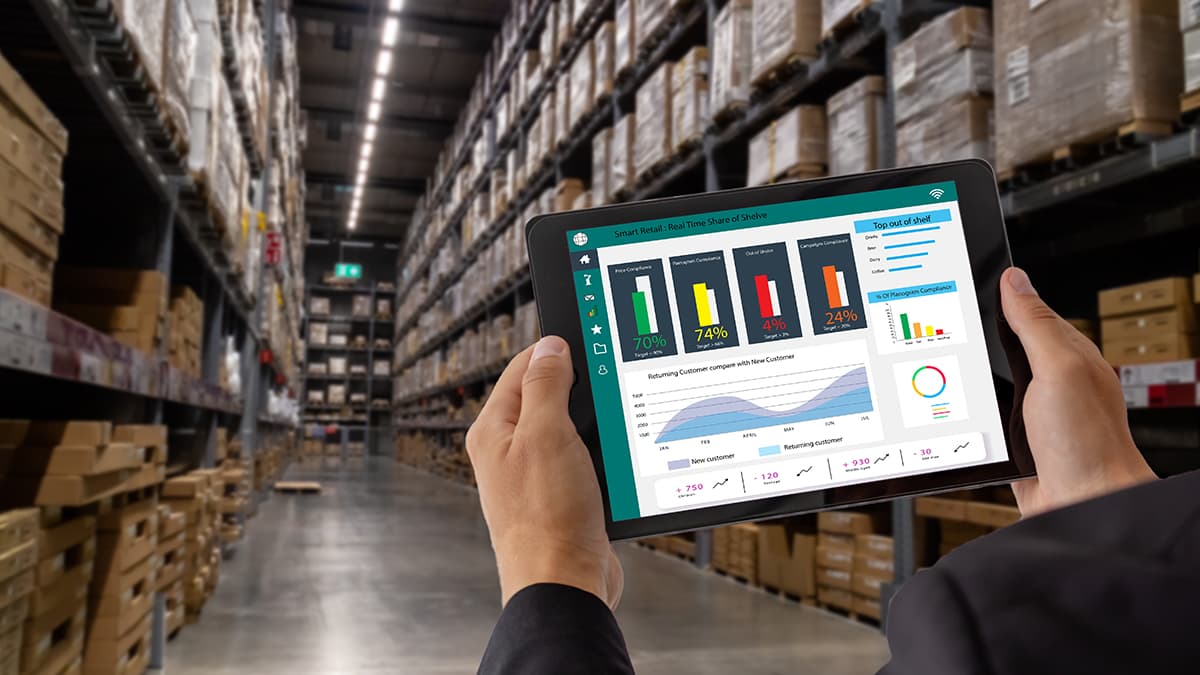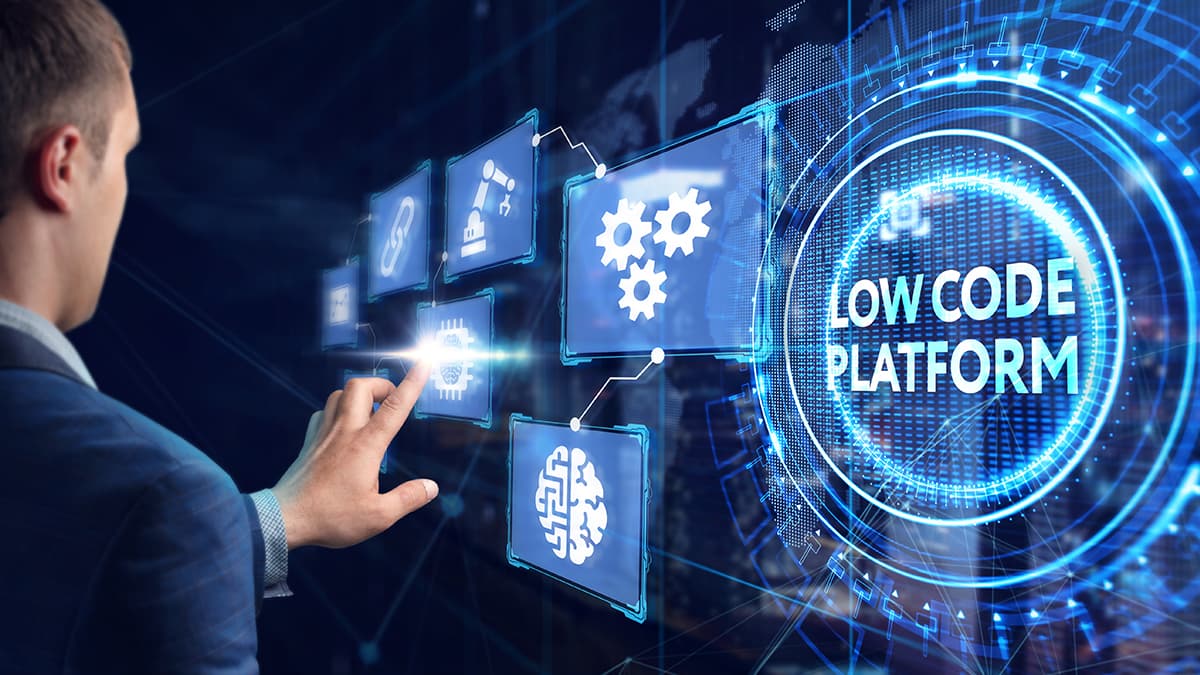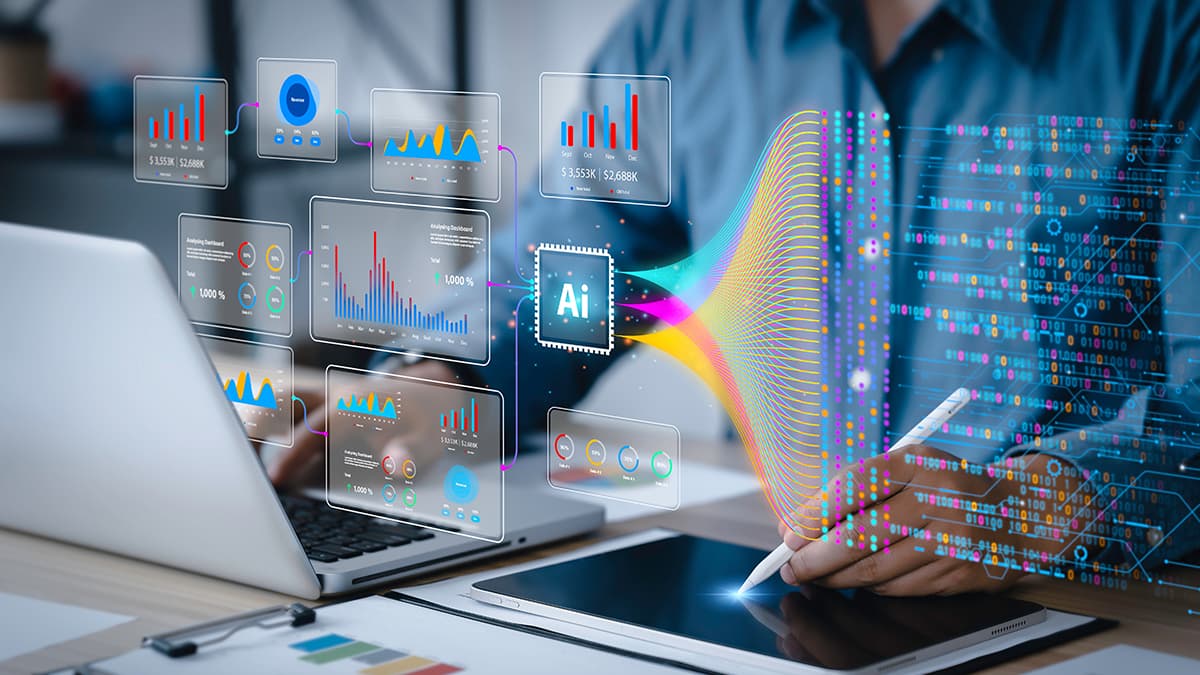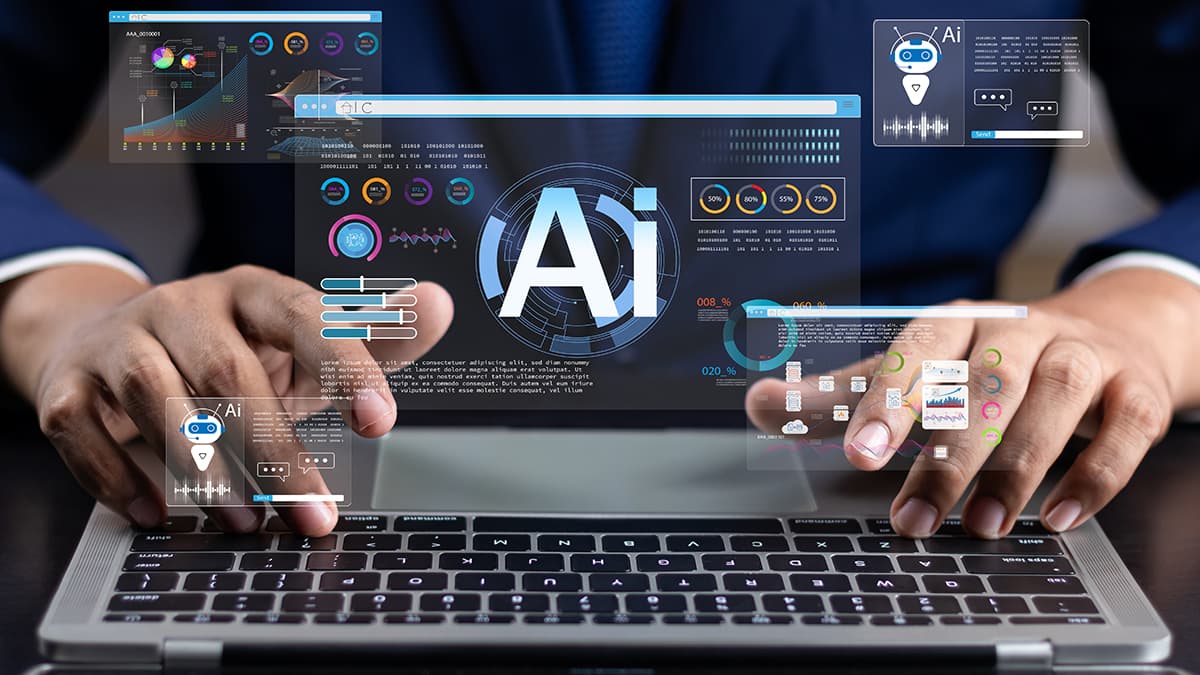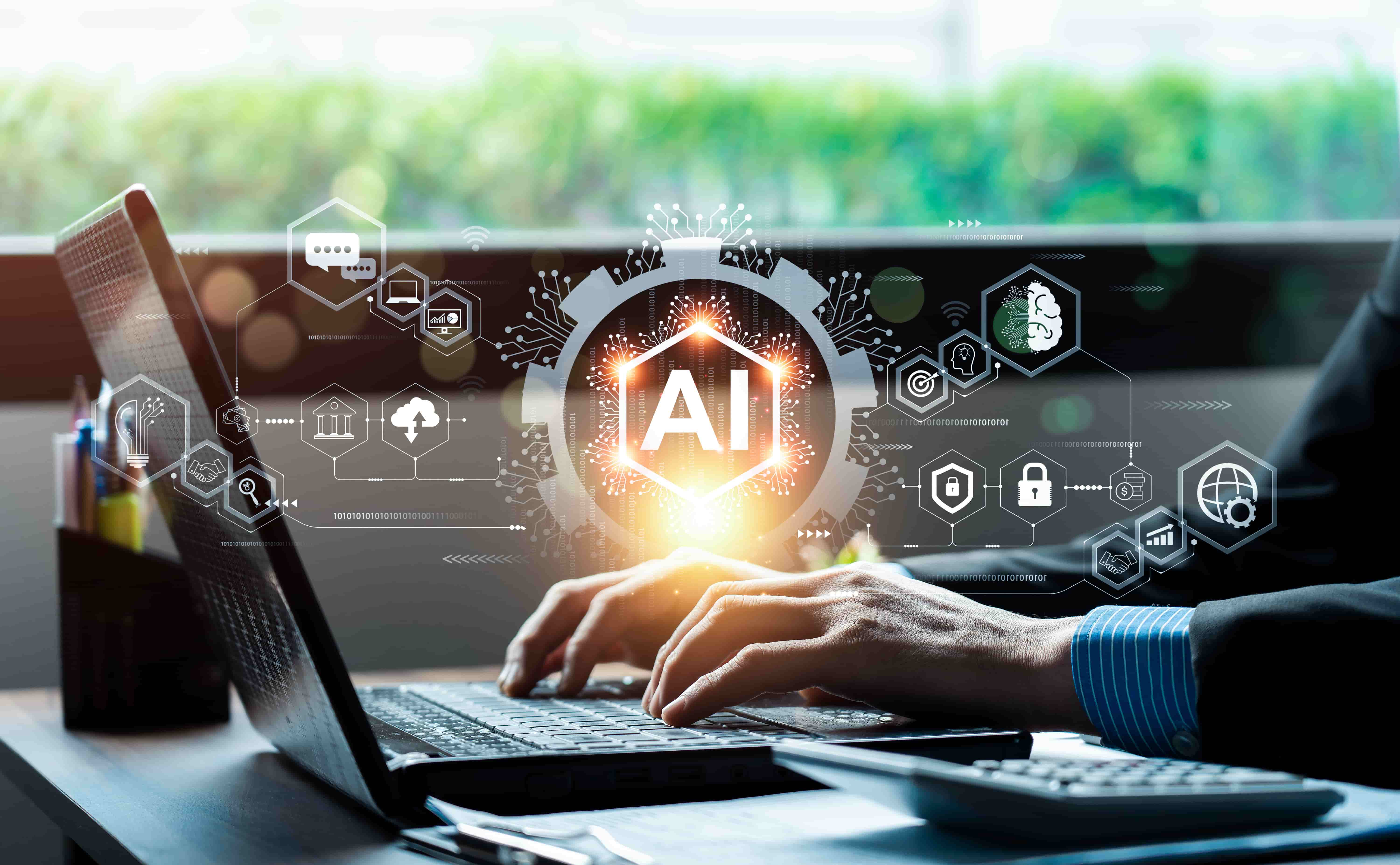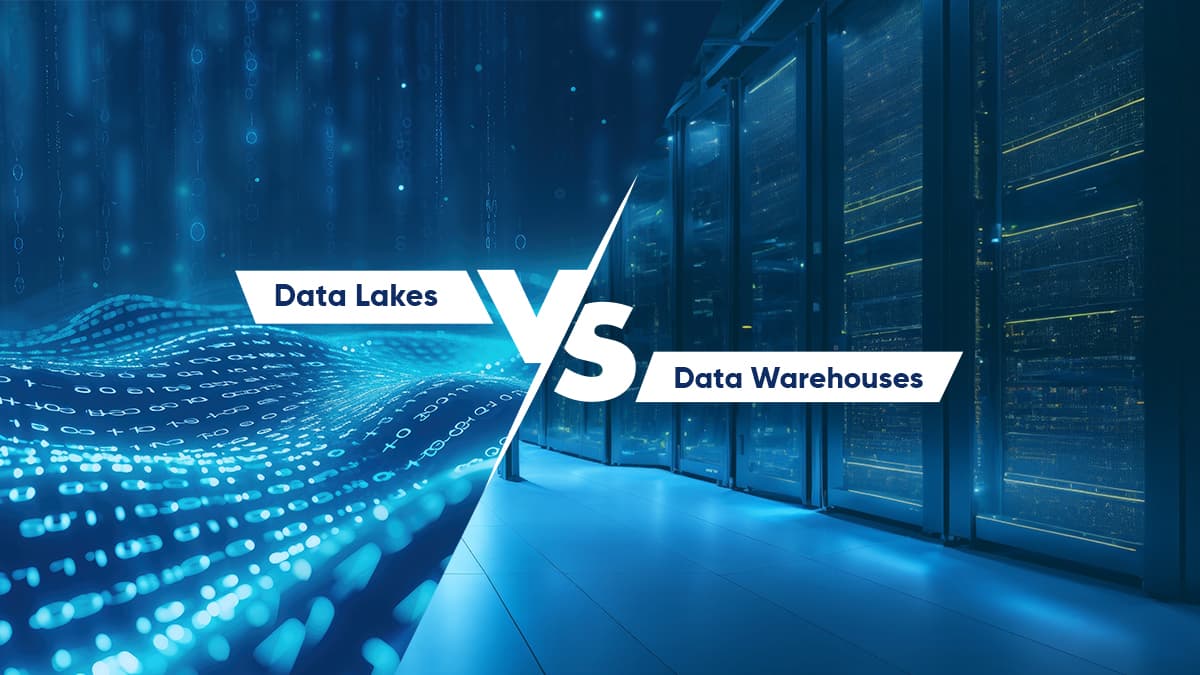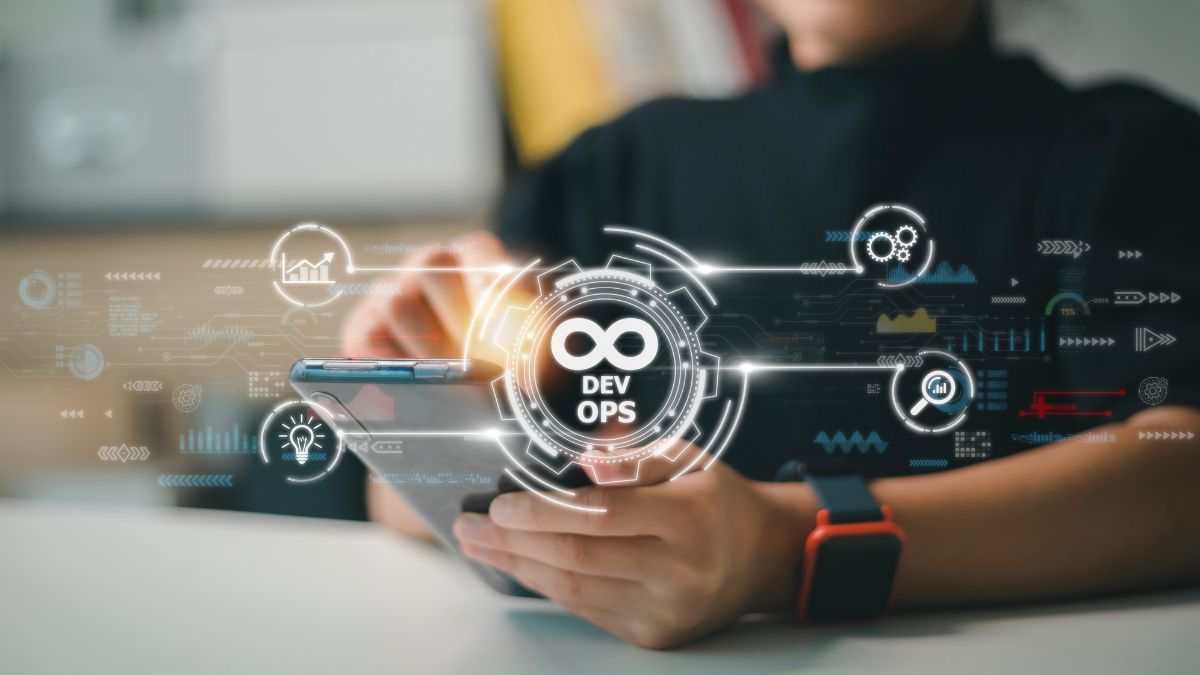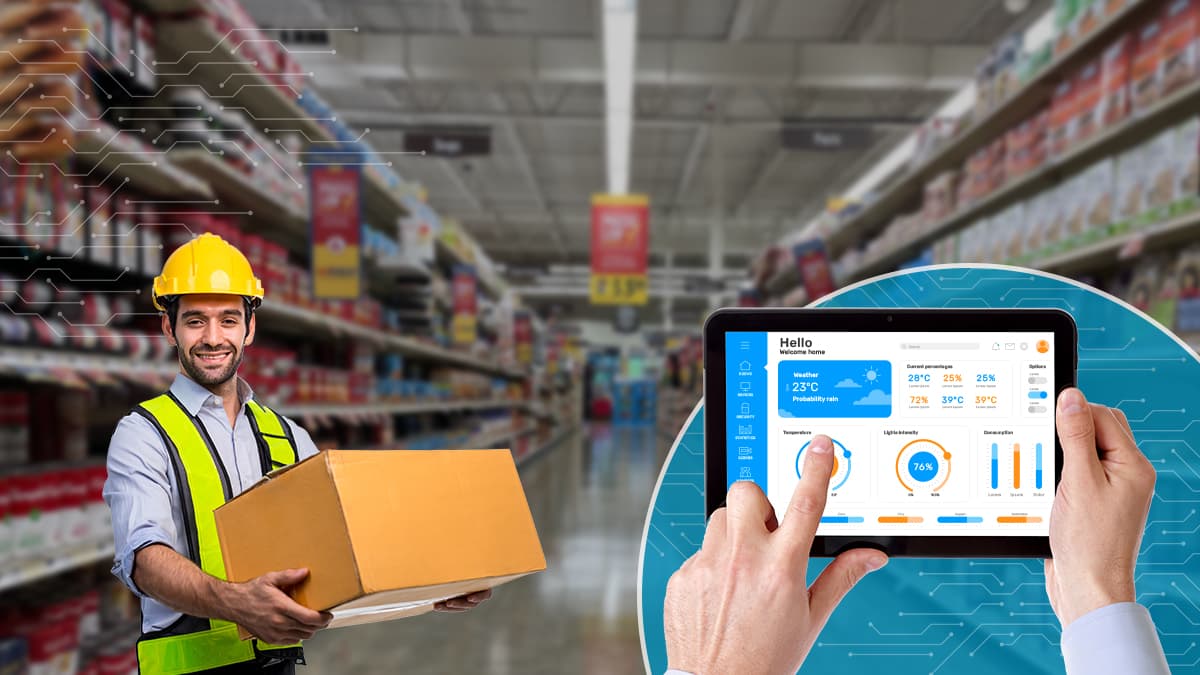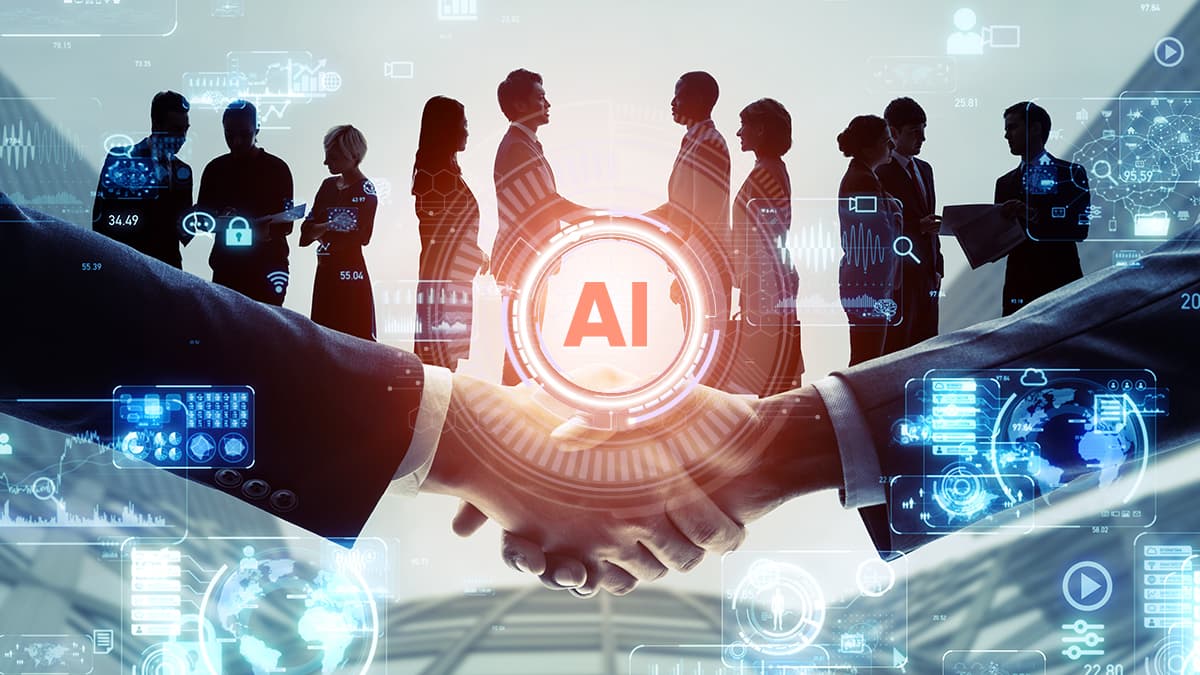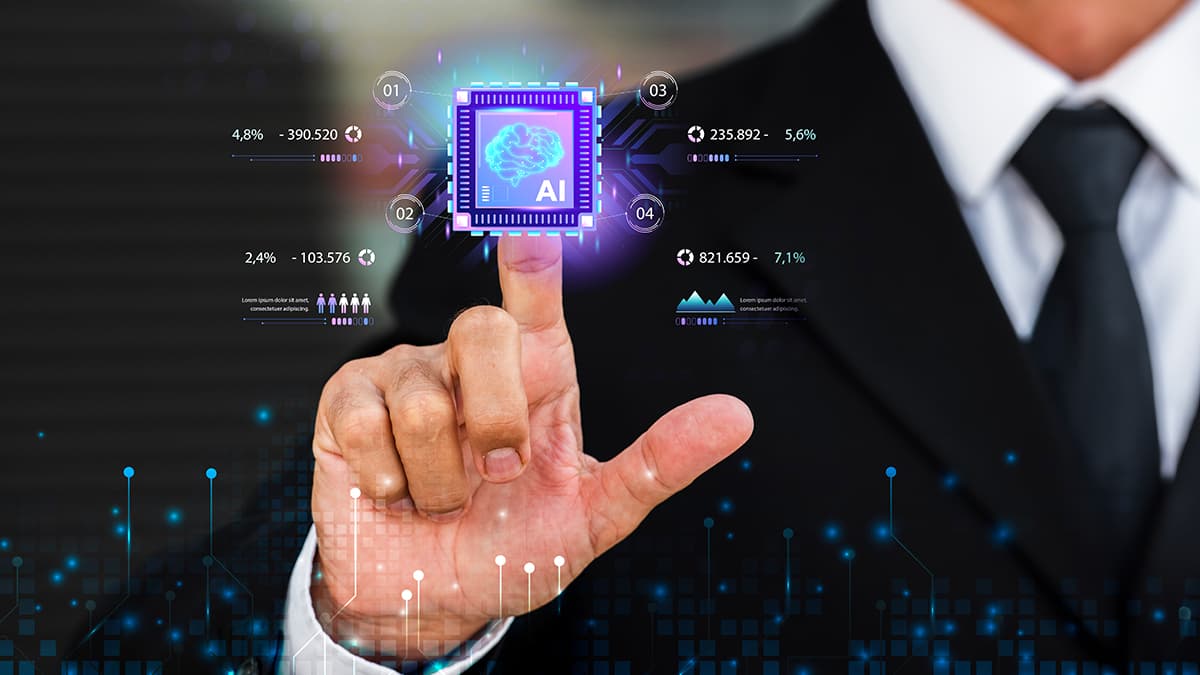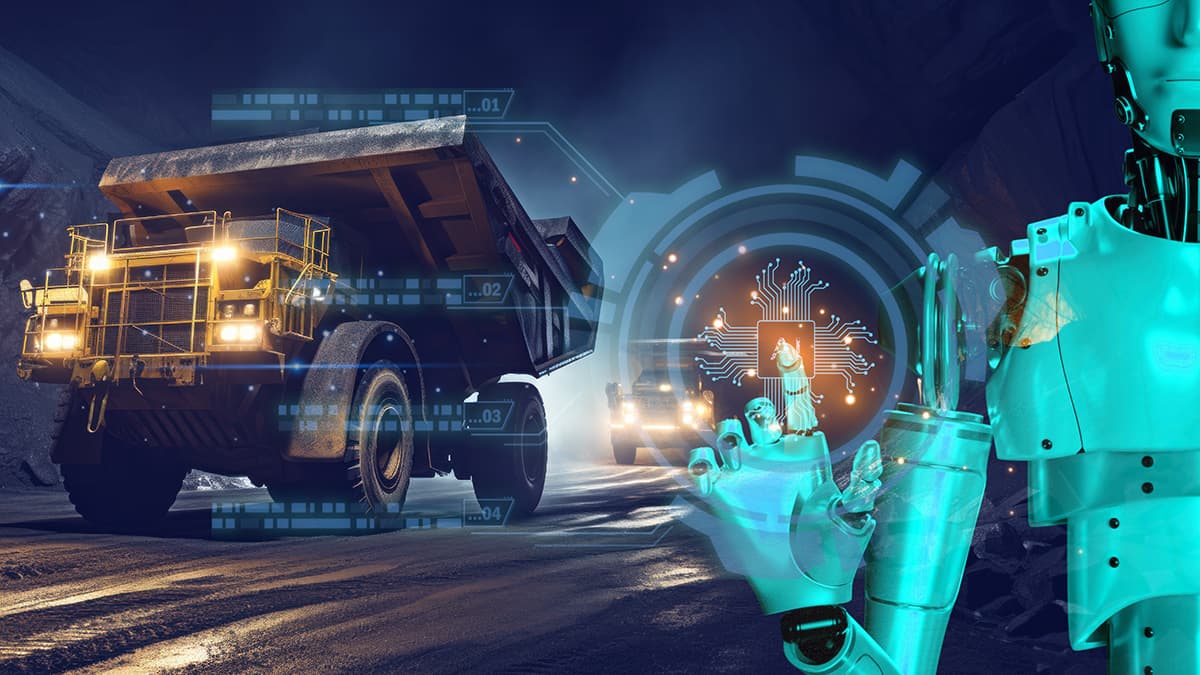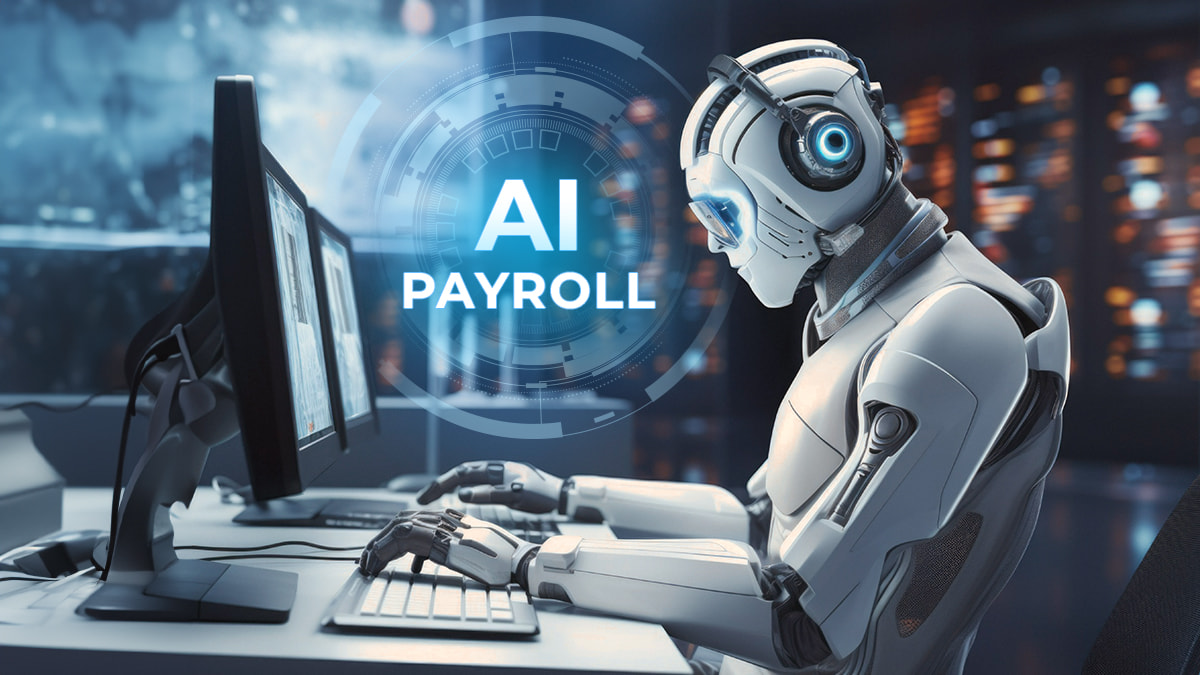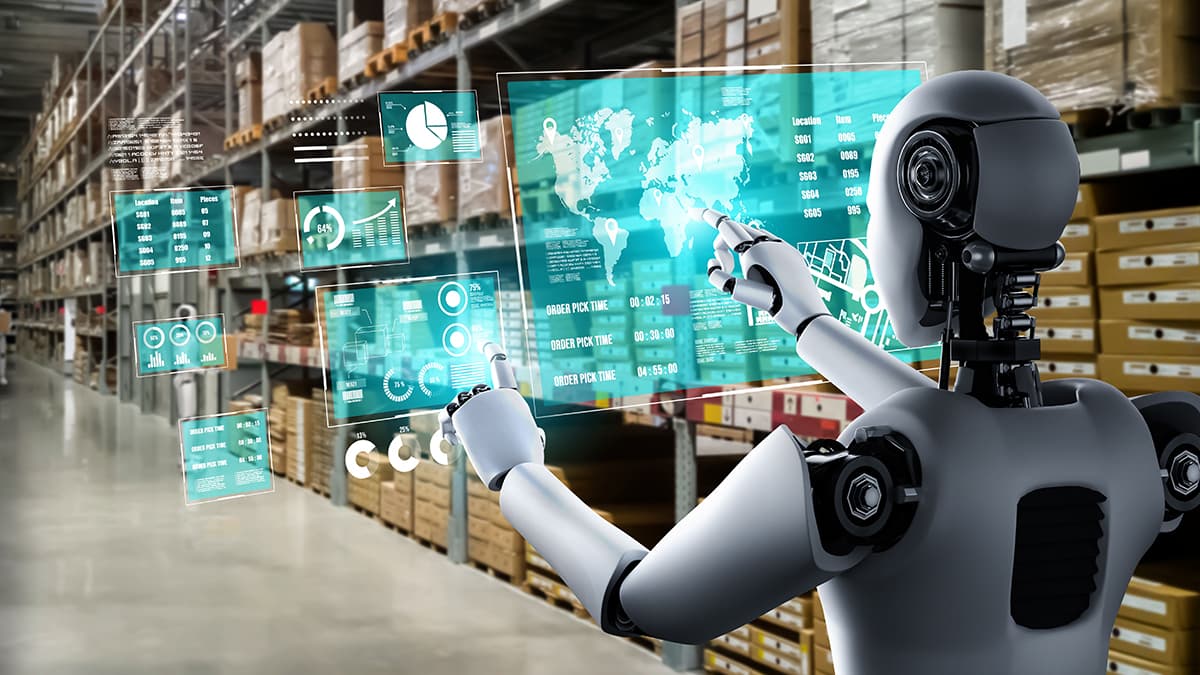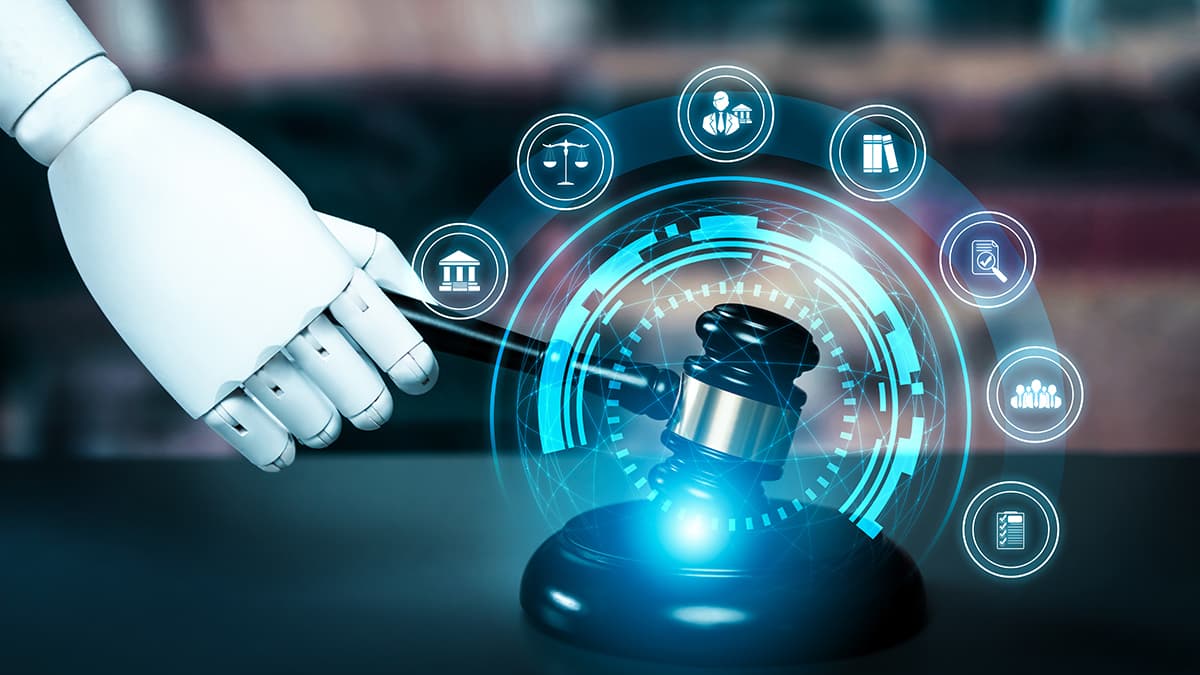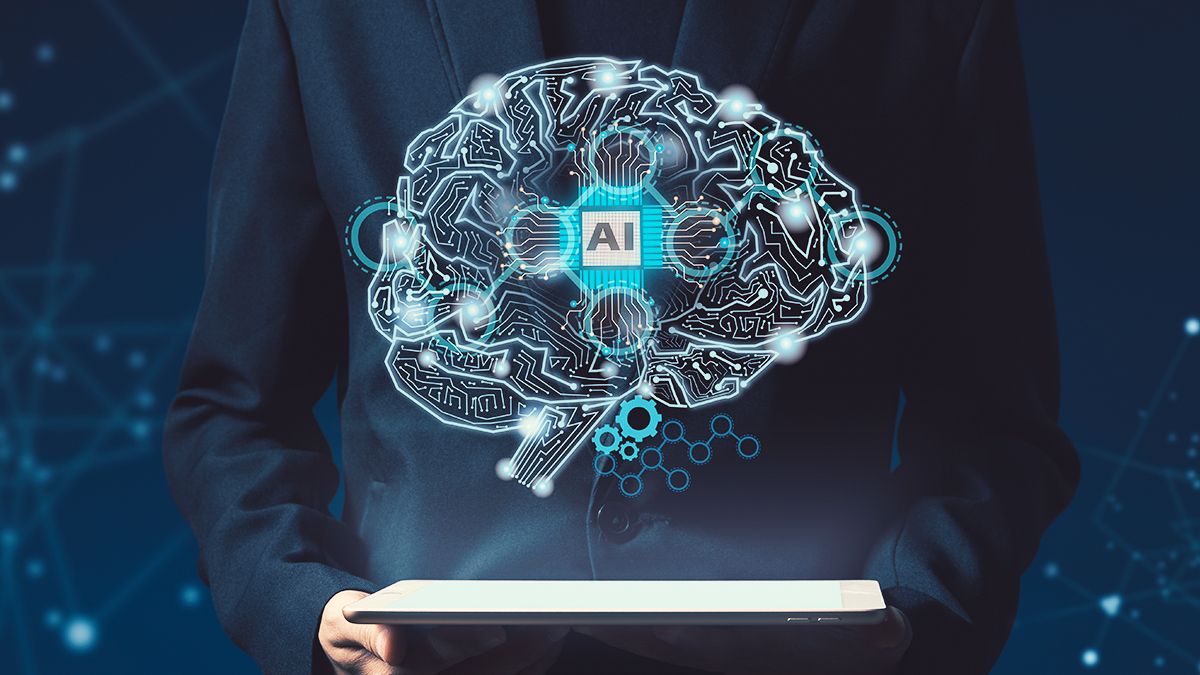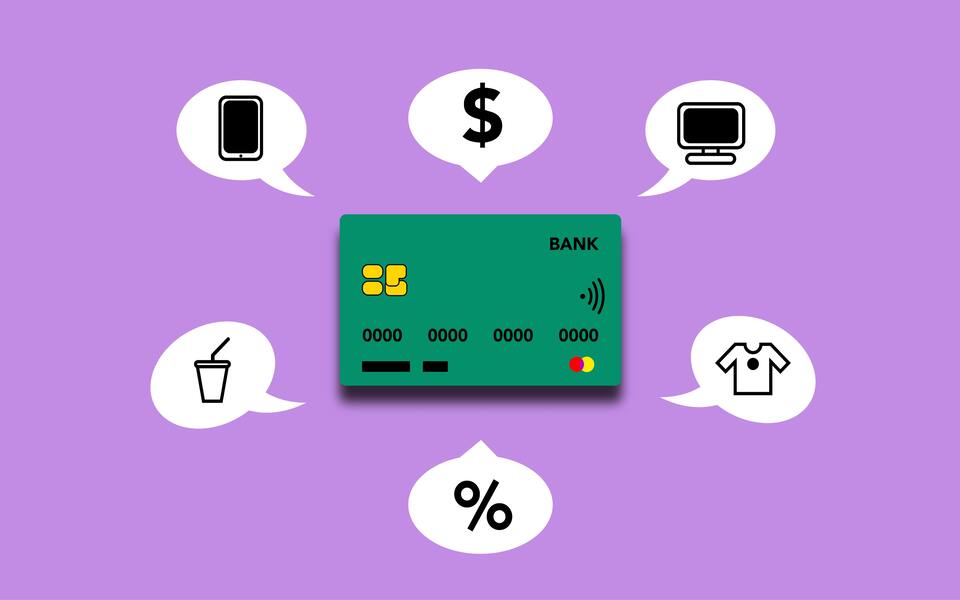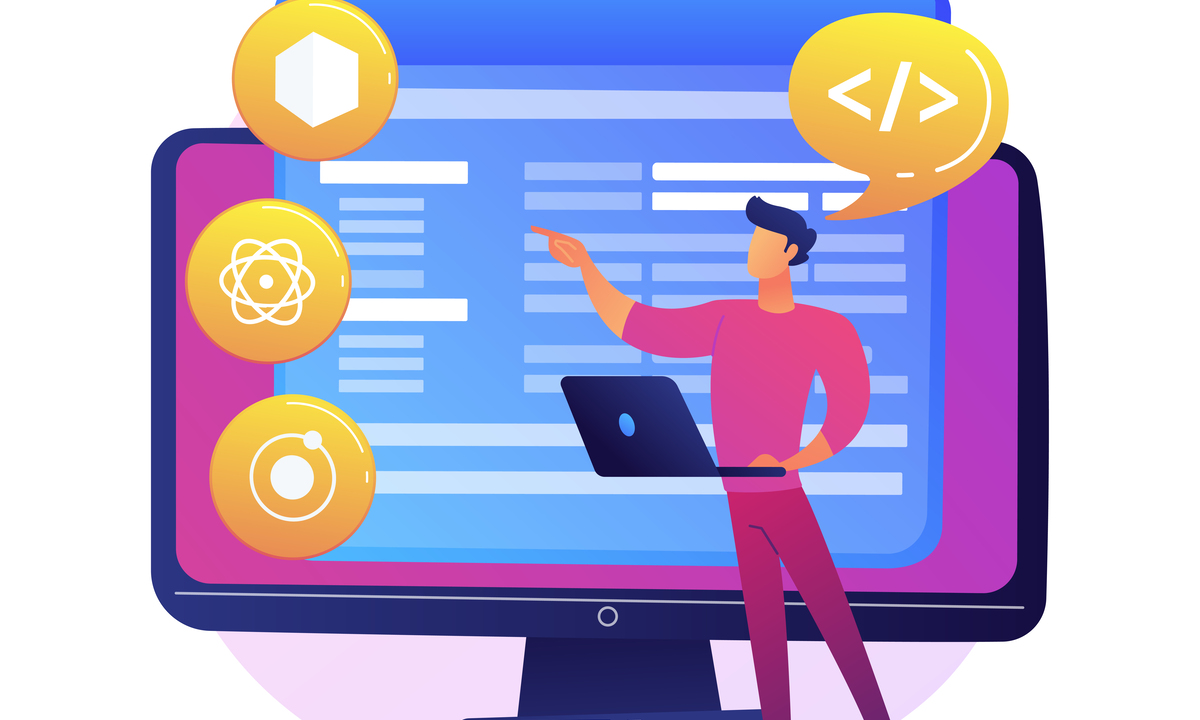
Retail industry has been undergoing digital transformation for years now. Considering changing customer demands and technology, it has evolved from brick–and–mortar stores to e-commerce platforms. Staying true to its reputation as the most disruptive technology, AI opens a wide range of possibilities in the retail landscape.
In this blog, we explore solutions, technologies, top use cases, and the profound impacts of AI on the retail industry.
Artificial Intelligence in the Retail Industry: Solutions and Technologies
Artificial intelligence, as a term, is used around across industries. However, many fail to comprehend that AI incorporates several technologies, including natural language processing, machine learning, predictive analytics, computer vision, robotics, and more. These technologies, collectively, can collect, process, and asses bulk data. Such data can be further used to assist retail players in streamlining processes, stabilizing supply chains, and making accurate, data-backed business decisions.
These technologies can also act autonomously. Using advanced AI analytical capabilities, raw data can be gathered from IoT and other sources into granular, actionable insights. AI also uses customer intelligence and behavioral analytics to gain valuable insights into various markets and demographics to enhance multiple touchpoints.
Top Use Cases of AI in the Retail Industry
1. Inventory Management
Artificial intelligence can create better demand forecasting in the retail industry. By gathering mining insights from consumer, marketplace, and competitor data, AI-backed business intelligence tools can forecast shifts in the industry. Retailers can proactively modify inventory, marketing, and business strategies, eventually impacting supply chain management, promotional, and pricing planning. AI in the retail industry can track inventory levels and predict consumer demand. This helps retail companies optimize their inventory, avoid stockouts, and reduce waste.
2. Personalized Shopping Experience
The potential of AI to collect and analyze consumer data has transformed how retail players offer personalized shopping experiences to consumers. By tracking online behavior, social media activities, and purchase history, artificial intelligence can collect data and identify patterns that assist retailers in understanding consumer behavior and preferences. With such gathered information, retail companies can offer personalized promotions and recommendations that are more likely to resonate with the preferences of individual consumers. This increases the probability of sales and consumer loyalty.
Additionally, natural language processing backed- virtual assistants and chatbots can provide personalized support and assistance to customers, answer their queries, provide product recommendations, and guide them through the buying process. Such tools can also learn from consumer interactions and modify their responses to deliver more personalized buying experiences in the future.
3. Supply Chain Optimization
Supply chain management is one of the most critical verticals of the retail industry. Thus, considering AI implementation here is crucial. Here are a few ways in which AI can assist retailers with supply chain management:
• AI algorithms can analyze market trends, historical data, and other relevant factors for forecasting demand more accurately. This assists retail companies with inventory optimization, production schedules, and distribution plans, resulting in more streamlined supply chain management.
• Artificial intelligence can be used to optimize warehouse operations with task automation for inventory management, order picking, delivery, and stock replenishment. With machine learning algorithms, retailers can analyze data from cameras and sensors to optimize storage space, minimize labor costs, and enhance order accuracy.
• AI can help choose the best suppliers by analyzing historical data, evaluating performance metrics, and tracking factors like reliability, quality, and pricing. This assists retailers in making data-backed business decisions and maintaining strong stakeholder relationships.
4. Cashierless Technology
Retail companies, irrespective of the scale, work hard to create shopping experiences that are personalized, convenient, and enjoyable. However, these buying experiences no longer cater to today’s tech-savvy customers. Consumers now look for hassle-free shopping and checkout experiences. This is where most interactions with retailers, if not all, are streamlined with the incorporation of technologies like artificial intelligence, deep learning, sensors, computer vision, and software solutions for making shopping journeys as streamlined as possible. When most transactional interactions are automated, employees can have more time and focus on other high-value tasks, including assisting customers.
5. Price prediction and adjustments
Applications of artificial intelligence could help retailers predict prices of their services and products based on demands, features, seasonal trends, and release dates of new models. To implement this, AI systems gather information about products, sales figures, promotional activities, and other additional data. This would enable retail companies to visualize the possible outcomes of various pricing strategies. As a result, retailers can be flexible with their pricing based on the obtained information, provide their best offers, boost sales, and gain new customers. With a simple price prediction and adjustment feature, your customers can know beforehand how the price of a specific product or service would change, ultimately boosting customer loyalty.
Wrapping up!
Implementing required systems to support artificial intelligence in retail infrastructure can seem quite overwhelming. However, it does not have to be. With the right solutions and service partner like CSM, you will be guided and supported through every phase of the process, even after the deployment.
Connect with our experts to learn more about CSM Tech’s AI applications!
Want to start a project?
Get your Free ConsultationOur Recent Blog Posts

© 2025 CSM Tech Americas All Rights Reserved

